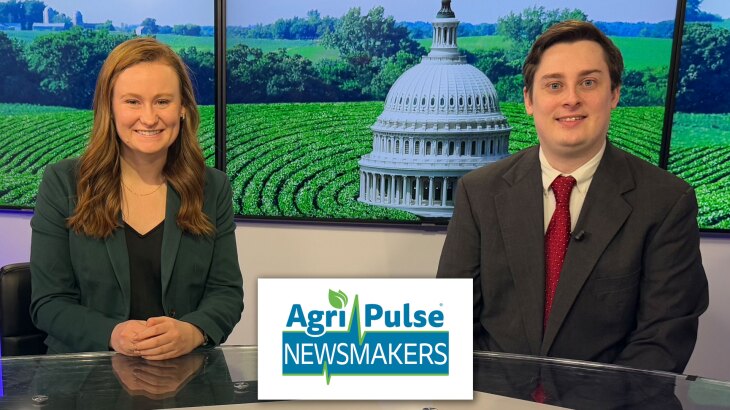Could farmers soon be growing and harvesting the perfect watermelon? It is no secret — delivering juicy, delicious “summer smiles” is no easy feat, and producing perfect watermelons from season to season is exceptionally challenging. According to a recent study published in the Plant Biotechnology Journal, watermelon growers may soon get a huge assist from science.
Researchers at the Boyce Thompson Institute recently constructed what they call a “super-pangenome” watermelon—combining the genome of the domesticated fruit and returning “lost” genes from its wild relatives. The researchers say the combination improves the fruit’s taste as well as its resilience during the growing process.
“The super-pangenome provides a valuable genetic toolkit for breeders and researchers to improve cultivated watermelon,” said Professor Zhangjun Fei, the study’s lead author. “By understanding the genetic makeup and evolutionary patterns of watermelons, we can develop varieties with enhanced yield, increased disease resistance, and improved adaptability. Our findings [...] also present significant implications for breeding and disease resistance.”
Genes from wild watermelon varieties that researchers were able to isolate within the super-pangenome control things like sweetness, flesh color, and rind thickness that were lost over centuries of domestication. One particularly exciting discovery was their ability to isolate the “tandem duplication of the sugar transporter gene ClTST2 that enhances sugar accumulation and fruit sweetness in cultivated watermelon.”
To create this super-pangenome watermelon, scientists referenced genes from 547 watermelon types spanning four species—cultivated watermelon (Citrullus lanatus), and its wild relatives: C. mucosospermus, C. amarus, and C. colocynthis.
“These beneficial genes could be reintroduced into modern cultivars to breed more resilient watermelon varieties,” Fei said. “Our findings not only provide insights into the evolutionary journey of watermelons but also present significant implications for breeding and disease resistance.”
The Boyce Thompson Institute study was supported by grants from the USDA National Institute of Food and Agriculture Specialty Crop Research Initiative and the U.S. National Science Foundation.





















